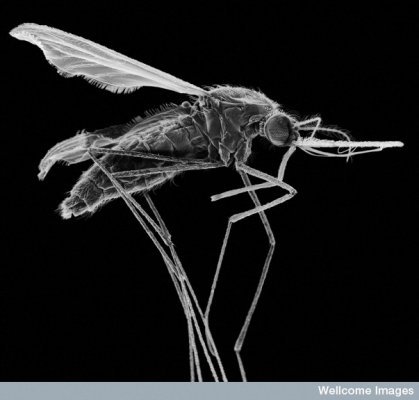UK government release report on malaria

An Unprecedented Opportunity at the Dawn of a New Era
The MPs and many APPMG partners remain optimistic that more can be done to improve on mortality and morbity rates, including continued investment into research into resistance and a greater focus on capacity building health staff and systems in the most endemic regions. Jeremy Lefroy and other speakers stressed the importance of maintained and / or increased funding from not just European and North American governments, but increasingly also from countries in which malaria remains a serious problem.
The threat of resistance was mentioned from an insecticide and antimalarial drug perspective, highlighted above all by Joan Herbert from the Medicines for Malaria Venture, as the pipeline for new antimalarials remains some years away of potential mass administration. Philippe Guérin, Director at WWARN was delighted with the continued support for resistance as a core theme in this year's report
"As a network of more than 220 partners worldwide we remain concerned at the results which suggest resistance to our best treatments is emerging again in Southeast Asia, and threatening Africa once more. It is critical that all malaria communities work together to provide evidence to support policy-makers and institutions such as the UK government so that they know where we stand and what we might consider doing together." Philippe Guérin, Director of WWARN.
WWARN is fully supportive of the UK government's efforts to maintain their efforts to support malaria and NTDs, in particular the critical role that they can continue to play to work with the WHO, the Global Fund, and national governments to control and eventually eliminate malaria.
You can read the full report and in particular the key messages around antimalarial resistance on page 10.
